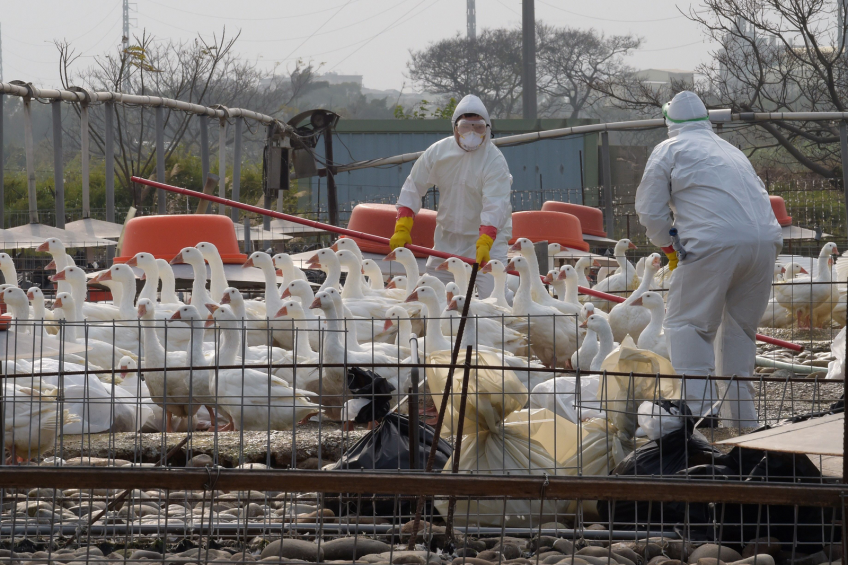New housing regulations to curb AI in Taiwan

From September it will be mandatory for poultry in Taiwan to be raised in enclosed spaces, the country’s Council of Agriculture has announced. The measures are part of an effort to stop the spread of avian influenza that has decimated the country’s poultry farms.
Enclosure is being imposed to prevent contact with migratory birds, which will begin arriving in Taiwan in September, said Chang Su-san, director-general of the council’s Bureau of Animal and Plant Health Inspection and Quarantine.
Enclosed poultry farms
“The agricultural industry must adopt more modern techniques, such as the use of enclosed facilities on poultry farms, to stop the spread of the bird flu virus,” Chang said.
Poultry farmers will be given a six-month grace period to comply with the new regulation, after which fines will be imposed by local governments. However, the council will offer farmers loans at a concessionary interest rate of 1.5% to build the enclosures.
860 Taiwanese farms affected
The total number of farms affected across the country has risen to 860 since the outbreak began in mid-January, according to the bureau’s statistics. About 4.17 million birds — chicken, geese and ducks — have been culled on 853 poultry farms, the data showed.
Restrictions have been imposed on the movement of birds on infected farms and the authorities have mandated that the farms must be disinfected after culling is completed. Farms within three kilometers of outbreak sites will be under surveillance for 3 months, according to the council’s regulations.
The council is also considering revising the poultry farm registration system to mandate the registration of poultry farms that have at least 500 birds, instead of the minimum 3,000 at present.













